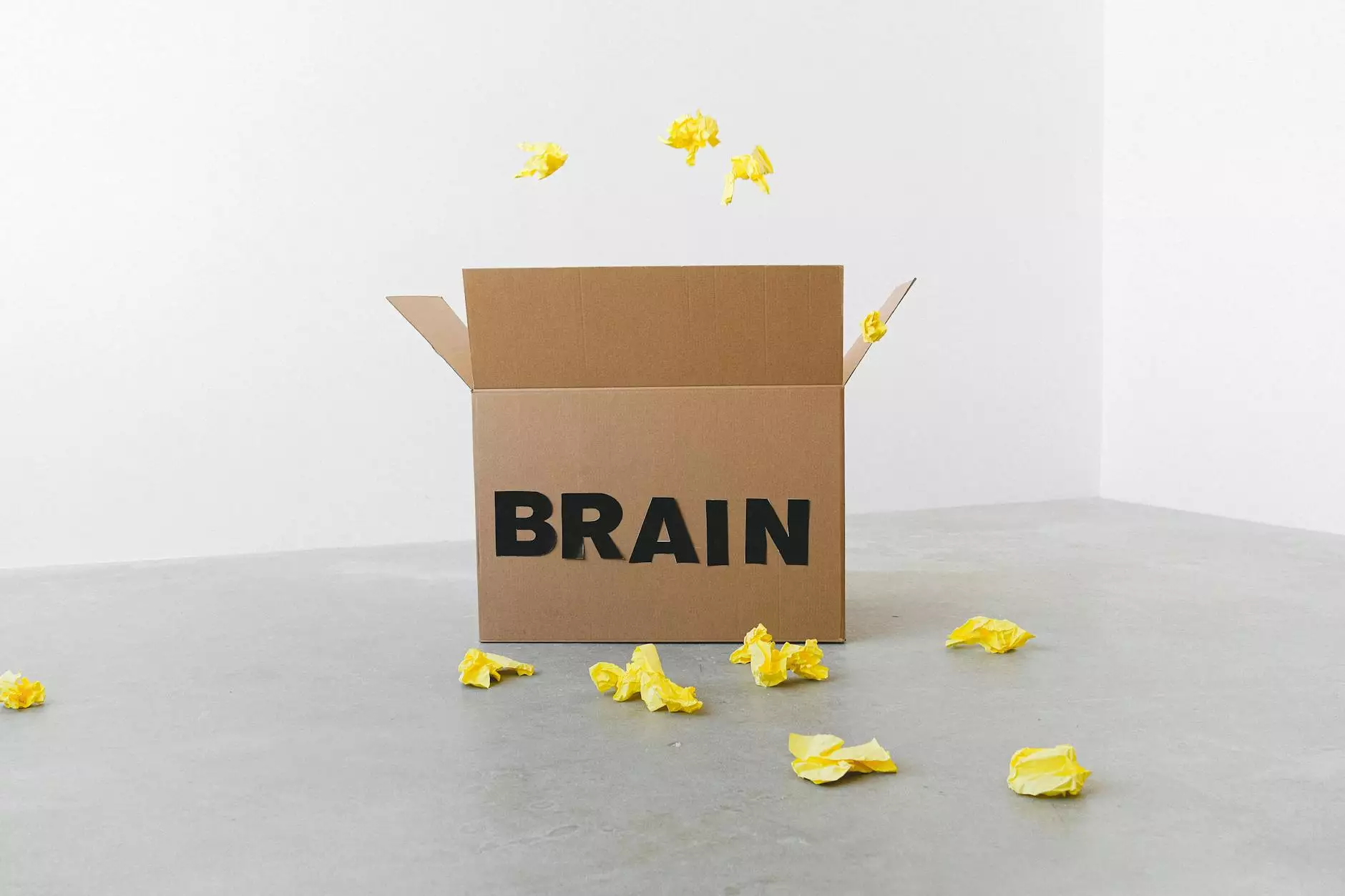How Does Hoarding Differ From Clutter and Collecting?
Blog
Introduction
When it comes to the accumulation of possessions, there are several distinct behaviors that individuals exhibit, namely hoarding, clutter, and collecting. While these terms are often used interchangeably, it's important to understand that they represent unique phenomena. In this article, we will explore the differences between hoarding, clutter, and collecting, shedding light on their impact on individuals and providing a more comprehensive understanding of each behavior.
Hoarding: A Compulsive Behavior
Hoarding is a compulsive behavior characterized by individuals who find it challenging to part with their possessions, regardless of their value or usefulness. It often leads to the accumulation of excessive items, causing significant distress and functional impairment.
People who hoard tend to attach sentimental value to objects, fearing the loss of memories associated with them. This emotional attachment and the feeling of security derived from possessing these items drive the hoarding behavior.
It's important to note that hoarding can have serious consequences, affecting not only the individuals themselves but also their living environments and relationships. The clutter and disorganization associated with hoarding can lead to safety hazards, impaired mobility, and isolation from loved ones.
Clutter: An Unorganized Environment
Clutter, on the other hand, refers to the presence of excessive and disorganized items in one's living or working space. Unlike hoarding, clutter is not driven by a compulsive need to acquire and retain possessions. Instead, it often occurs as a result of disorganization, procrastination, or a lack of sufficient storage.
Clutter can negatively impact individuals by causing feelings of stress, overwhelm, and decreased productivity. Living or working in a cluttered environment can make it challenging to find things, maintain cleanliness, and create a sense of order. It may also affect one's ability to focus and concentrate.
Collecting: A Hobby or Passion
Collecting, although it may involve amassing a large number of items, differs significantly from hoarding and clutter. Collectors engage in the intentional acquisition and categorization of specific objects, driven by a genuine interest or passion.
Collecting often involves careful selection, display, and sometimes even investment in items of personal significance or monetary value. Unlike hoarding and clutter, collecting is typically organized, purposeful, and curated to showcase the collection's uniqueness and value.
Collecting can be a source of joy, intellectual stimulation, and connection with others who share similar interests. It allows individuals to express themselves through their collections and to participate in a vibrant community of fellow collectors.
The Impact on Individuals and Environments
Understanding the differences between hoarding, clutter, and collecting is crucial in recognizing the impact these behaviors have on individuals and their surroundings.
Individuals struggling with hoarding may experience profound emotional distress, anxiety, and social isolation. Their living spaces often become hazardous, posing risks to their physical safety and well-being.
Clutter, while not as severe as hoarding, can still negatively affect individuals' mental and emotional well-being. It can create a sense of chaos, hinder productivity, and contribute to feelings of shame or embarrassment.
Collecting, when done responsibly and within reasonable limits, can be a positive and enriching experience. It fosters creativity, knowledge acquisition, and social connections. However, collectors should be mindful of maintaining balance and avoiding potential pitfalls, such as excessive spending or neglecting other important aspects of life.
Contact Meaningful Connections Brand Consulting
At Meaningful Connections Brand Consulting, we specialize in providing professional consulting and analytical services across various industries, including business and consumer services. Our team of experts understands the intricacies of human behavior and can help identify and address challenges related to hoarding, clutter, and collecting.
If you or your organization require guidance in understanding and managing these behaviors, don't hesitate to reach out to us. We offer personalized solutions and support to help you create a meaningful and clutter-free environment, fostering productivity, emotional well-being, and harmonious relationships. Together, we can navigate the complexities and achieve positive transformations.



